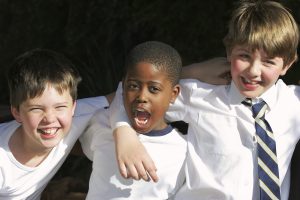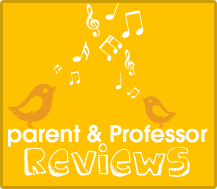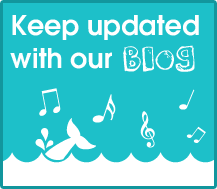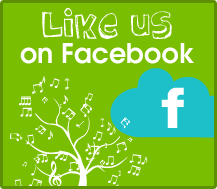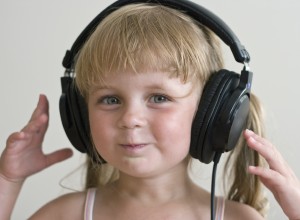 There’s a widespread belief that only some selected people have got musical talent and others don’t. Some “questionable” performances on TV talent shows have famously made it even easier for some to say that many people simply haven’t got music talent. There’s a widespread belief that only some selected people have got musical talent and others don’t. Some “questionable” performances on TV talent shows have famously made it even easier for some to say that many people simply haven’t got music talent.
However, scientific research has found that every one of us has the ability to be musical. Newborn babies’ brains understand music the same way as adults (“Newborn babies process pitch intervals”, Stefanics et al 2008), recognize whether something is in tune or out of tune (“Functional specializations for music processing in the human newborn brain”, Perani et al 2010) and they have a basic understanding of rhythm (“Newborn infants detect the beat in music”, Winkler et al 2008). And the reason why some people perform better musically than others does not come from something quite as glamorous as “talent” but rather something more mundane – plain old practise. Science shows that musical expertise is directly linked to the amount of hours that each musician or performer practices. And many studies have shown that adults who had labelled themselves as “tone-deaf” and “not able to sing” were successfully taught to sing in tune with just a little bit of encouraging teaching. All children love music, and many parents want their children to take up music learning. However, because of the myth that you “have to have musical talent”, many families give up before their child has had the chance to develop their musicality to the degree where it becomes obvious that they have it. All of us are musical, and all it takes is practice to bring it to life. It can be hard to motivate a small child for music learning. But the benefits of music are outstanding: children who engage in early learning of music gain increased intelligence, better reading skills and emotional well-being, to name just a few of the benefits. Research shows that this is because early music learning engages practically every area of the child’s brain – more than any other activity. And the early years are crucial for forming the neural connections that give the brain its structure. Everyone can learn music, but to gain the benefits outside of the study of music, you need to start early. The cut-off point for the wide range of brain benefits is generally shown to be around the ages of 7 to 8. And the earlier a child starts learning music, the bigger benefits that gain! Toddlers who study music are shown to develop crucial life skills such as the ability to self-regulate their emotions, wait and be more patient. They also have a bigger vocabulary and unbelievably, they are also happier: they are measured to smile more than toddlers who do not learn music! (see The Science) And babies who are less than 6 months old are shown to develop better musical understanding when their parents play different types of music to them. This is one of the reasons why Moosicology works even for babies – it features an extensive amount of over sixty tracks that help babies develop a wide “musical vocabulary” – an understanding of different areas of notation, rhythm and melody. Imagine if schools said that only a selected few people can learn to read, and wouldn’t even try and teach reading skills to most children! In fact, this is how it used to be. Not that many generations ago it was considered “a waste” to give schooling to most people, because people thought that only a selected few people would benefit from skills such as reading, writing and counting. These days, all children are expected to develop skills in literacy and numeracy. As a result, all children learn these skills – but they wouldn’t learn if they weren’t taught! It’s the same with musicality. Just like we all are born with an ability to learn a language and a basic understanding of mathematics, we all are born with the ability to learn music. So the singer who sings off-key is not “tone-deaf” or “musically untalented” – but rather, lacking the practice. Nerves come into play too, as anyone who performs in public knows well. Again, there’s only one cure for stage fright: going out there and doing it more. In other words: practice. But if we believe in the false myth that only some people have got musical talent and most haven’t, we will never even try and practise. These days, famous scientists even recommend music as a cure for old-age memory problems and other brain-related problems (“Music making as a tool for promoting brain plasticity across the life span”, Wan & Schlaug 2010). So let’s remember that our brains are wired for music learning and even though the most miraculous brain benefits of music learning only apply to small children, it is never too late to learn music! And if you have a baby or a small child, investing in their musical development is indeed a no-brainer to boost the growing brain. Liisa Henriksson |







